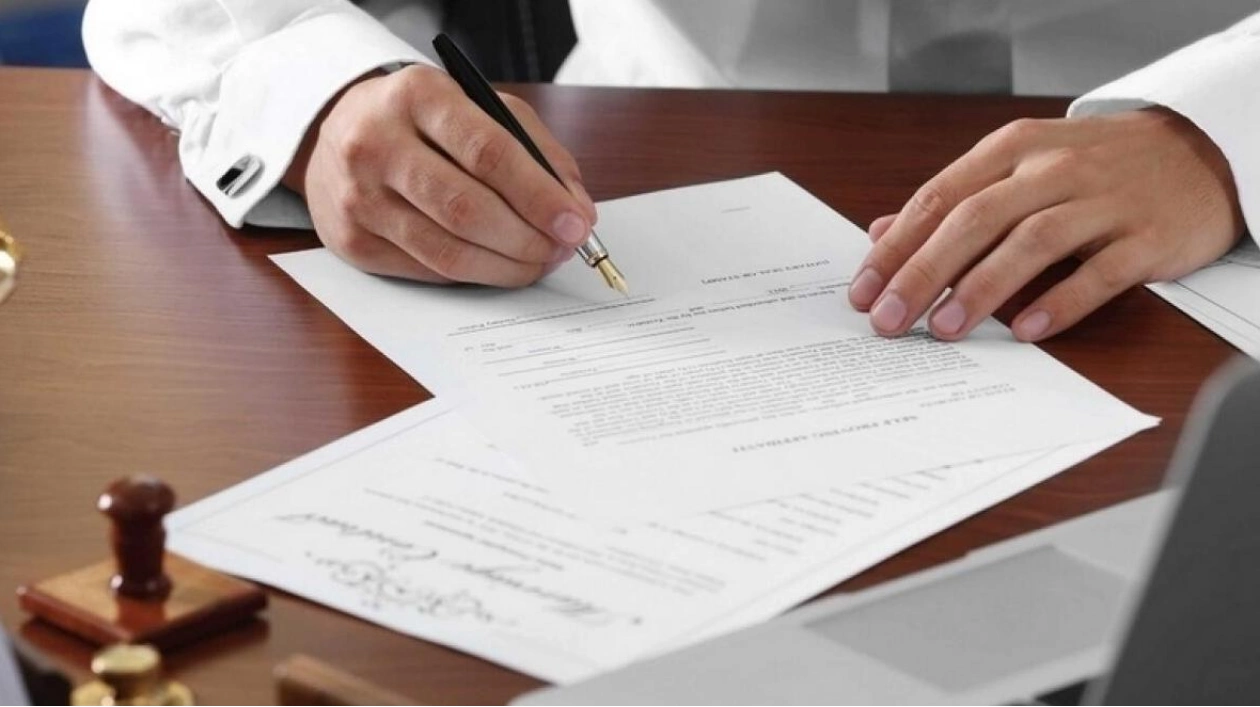Question: I am an expatriate based in Dubai with assets both in the UAE and back in my home country. How do I go about writing a will? Where do I start? What are the relevant laws?
Answer: In the UAE, non-Muslim residents have the option to apply the laws of their home country for matters such as marriage, divorce, inheritance, wills, and proof of parentage under Article 1(1) of the Federal Decree Law No. 41 of 2022 on Civil Personal Status. This provision allows non-Muslims to adhere to the laws of their home country regarding these specific issues, provided they do not conflict with the provisions of Articles (12), (13), (15), (16), and (17) of Federal Law No. (5) of 1985.
Additionally, a non-Muslim can register a will according to their preference under Article 11(1) of the UAE Personal Status Law for Non-Muslims. This article states that a testator may leave a will with all their assets in the state to anyone of their choice, subject to the controls outlined in the Implementing Regulations of this Decree Law.
The registration of wills for non-Muslim individuals can also be done in accordance with Law No. 15 of 2017 Concerning the Administration of Estates and Implementation of Wills of non-Muslims in the Emirate of Dubai. This is in line with Article 3 and Article 6(a) of the Dubai Wills Law, which establish a register for non-Muslim wills at the Dubai Courts and the DIFC Courts.
Moreover, Article 9(1) of the DIFC Wills and Probate Registry Rules outlines the requirements for registering non-Muslim wills. A non-Muslim resident of the UAE can register their will at DIFC in accordance with these rules. DIFC wills can include both movable and immovable assets located anywhere in the world, as per Article 11 of the DIFC WPR Rules.
In Dubai, a non-Muslim individual has the option to register their will at the Dubai Courts, Dubai International Financial Centre (DIFC), or the respective embassy/consulate of their home country in the UAE, if such services are available. The contents of the will can include details of executors and beneficiaries, as well as various types of assets and properties.
Based on these legal provisions, you may consider registering a will for your estate in both the UAE and your home country. This can be done through a Notary Public at the Dubai Courts, the DIFC Wills Service Centre, or at your home country's Embassy/Consulate (if such registration is provided). Seeking advice from an independent legal counsel is also advisable.
Ashish Mehta is the founder and Managing Partner of Ashish Mehta & Associates. He is qualified to practise law in Dubai, the United Kingdom, and India. For more details about his firm, visit: www.amalawyers.com. Readers can send their questions to: news@khaleejtimes.com or to Legal View, Khaleej Times, PO Box 11243, Dubai.






